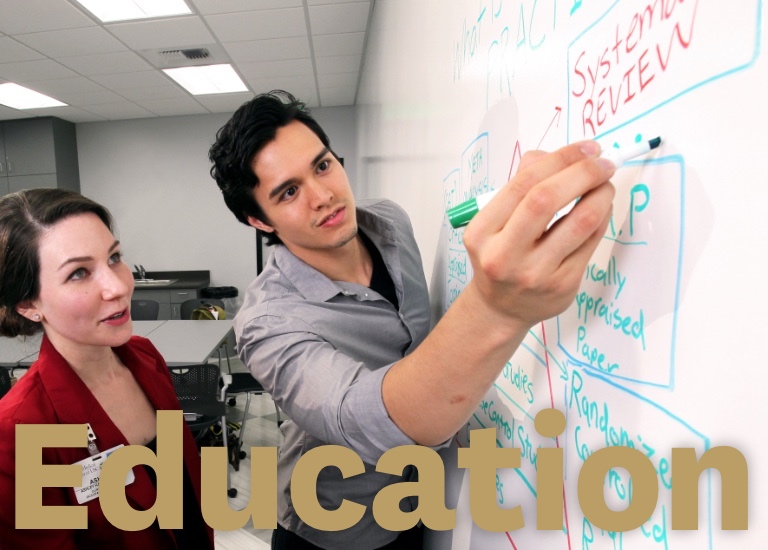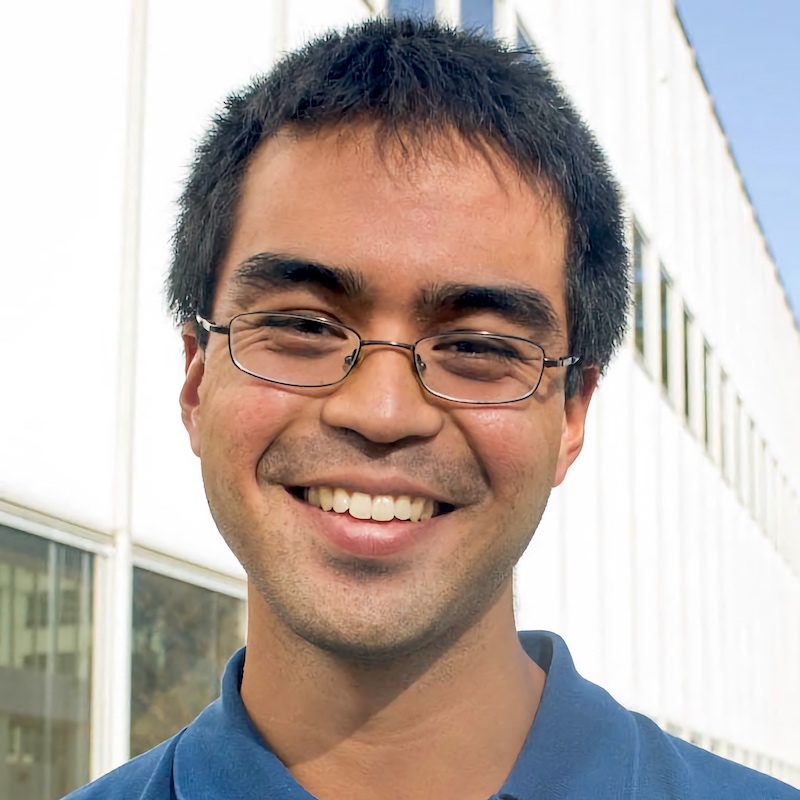Raymond Hernandez PhD ’21
Hometown: Glendale, California
Program: PhD in Occupational Science, Class of 2021
What brought you to occupational therapy?
I wanted to find a job where I could help people in individual or small group contexts, that had decent prospects for finding a position, and that had a variety of practice settings. OT checked all those boxes.
Why did you decide to pursue your PhD in Occupational Science?
When working as a school-based OT, sensory strategies were the most typical and accepted OT recommendations for self-regulation issues. I thought that other occupation-based approaches that could potentially help with self-regulation were strategic management of the task demands students face, as well as teaching them how to truly rest. For me personally, I found that inadequate management of task demands (e.g., doing too much) and not being good at resting (e.g., not being able to just sit and relax) were often precursors to experiencing a dysregulated state. Since strategic management of tasks demands and practicing of relaxation worked to improve my self-regulation skills and mental well-being, I thought the approaches could also help students and other populations. I pursued a career in Occupational Science to contribute to research around management of task demands and relaxation practice, with the intent of possibly informing OT practice in the future.
What was the most rewarding part of being in the PhD program?
The most rewarding part was the feeling that the research activities I was doing, whether it be helping with data collection for Dr. Pyatak’s FEEL-T1D study, or doing work for my dissertation research, could help people someday. I’m just starting as a researcher, so I know that currently my own work is not very high up on the impact scale. With the skills I learned from the OS program and continued persistence, I hope that one day the research I do can be of greater help to people.
What are you are doing next?
I will be working as a postdoctoral scholar under Dr. Stefan Schneider at the USC Dornsife Center for Economic and Social Research. While working with him, I hope to develop my skills in statistical analyses, and to learn the intricacies of working with self-report data. The knowledge I gain will be useful in advancing my research interests, and may lead me down research paths I had never considered before.
⋯






